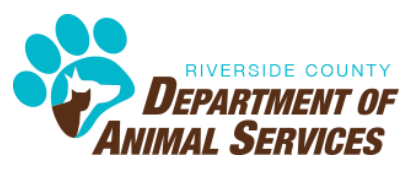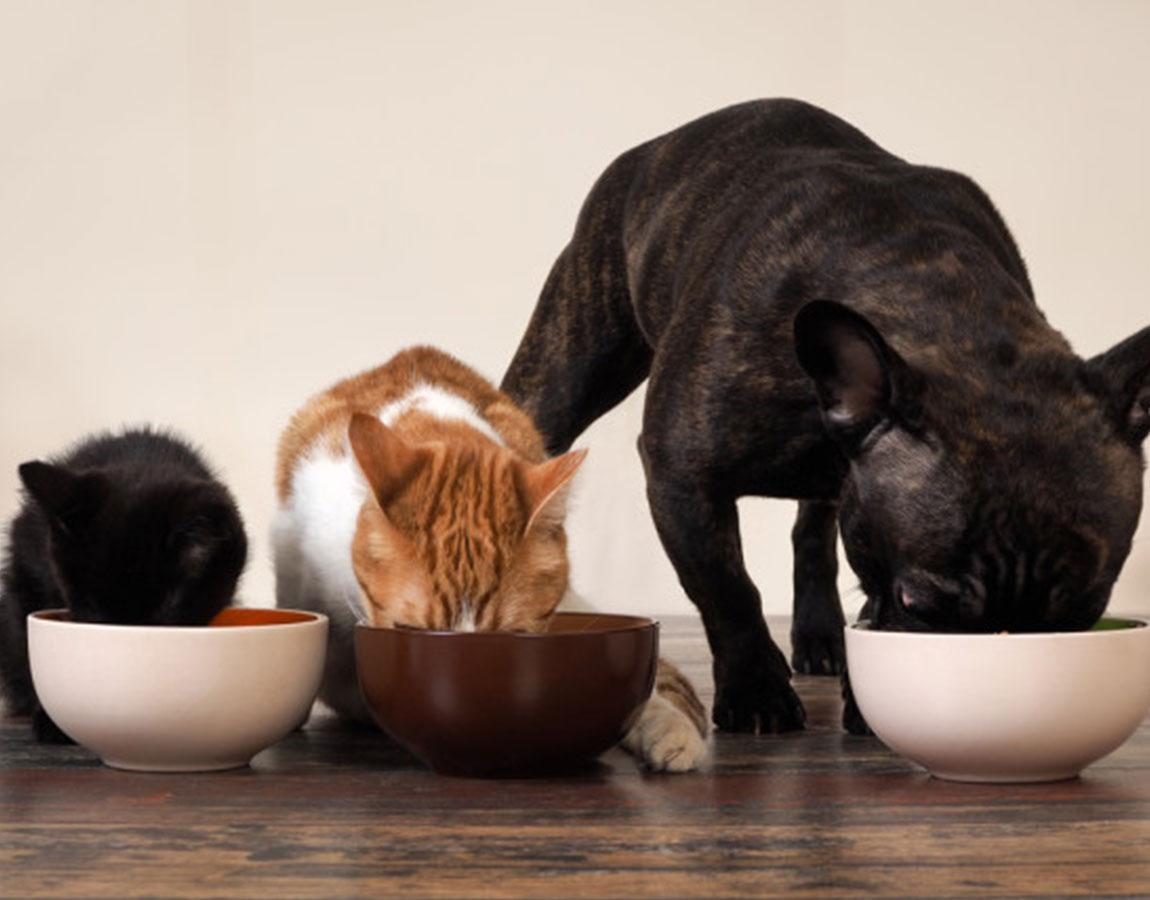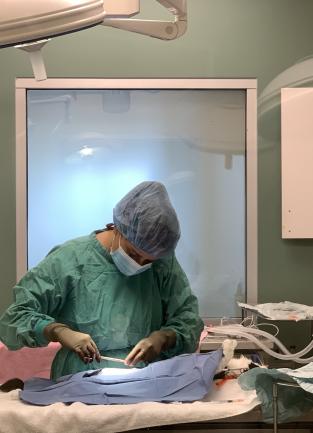There's little evidence for the benefits of raw pet food, and it increases the risk of dangerous pathogens.
As more people embrace clean‐eating diets and cut out processed foods in an effort to be healthier, they’re also putting their dogs on raw food diets to help their four‐legged family members achieve similar benefits.
Social media influencers and online resources, like Rodney Habib and Perfectly Rawsome, suggest raw food diets replicate how pets ate in the wild before they were domesticated and offer benefits like shinier coats, dental hygiene, improved digestion and smaller stools.
But most vets disagree, saying these claims are not backed by science.
The Raw Truth
The American Kennel Club (AKC), American Veterinary Medical Association and other groups discourage pet owners from feeding dogs raw or unprocessed meat, eggs and milk. Raw meat and dairy can carry pathogens, like E. coli, listeria and salmonella, which can make pets and people sick or even cause death.
A 2011 study published in the Canadian Veterinary Journal suggested that any evidence for the benefits of raw food diets for pets is anecdotal. Additionally, the researchers point out that vets should be informing pet owners of the disease risks associated with raw food.
Jennifer Larsen, a professor of clinical nutrition in the Department of Veterinary Medicine at the University of California, Davis, doesn’t recommend raw food diets for pets. She links the trend to pet food marketing’s emphasis on ingredients over nutrients and the general “romanticizing of nature” that compares dogs to wolves.







